Meet Jacqueline Comito | Anthropologist, Environmentalist & Writer
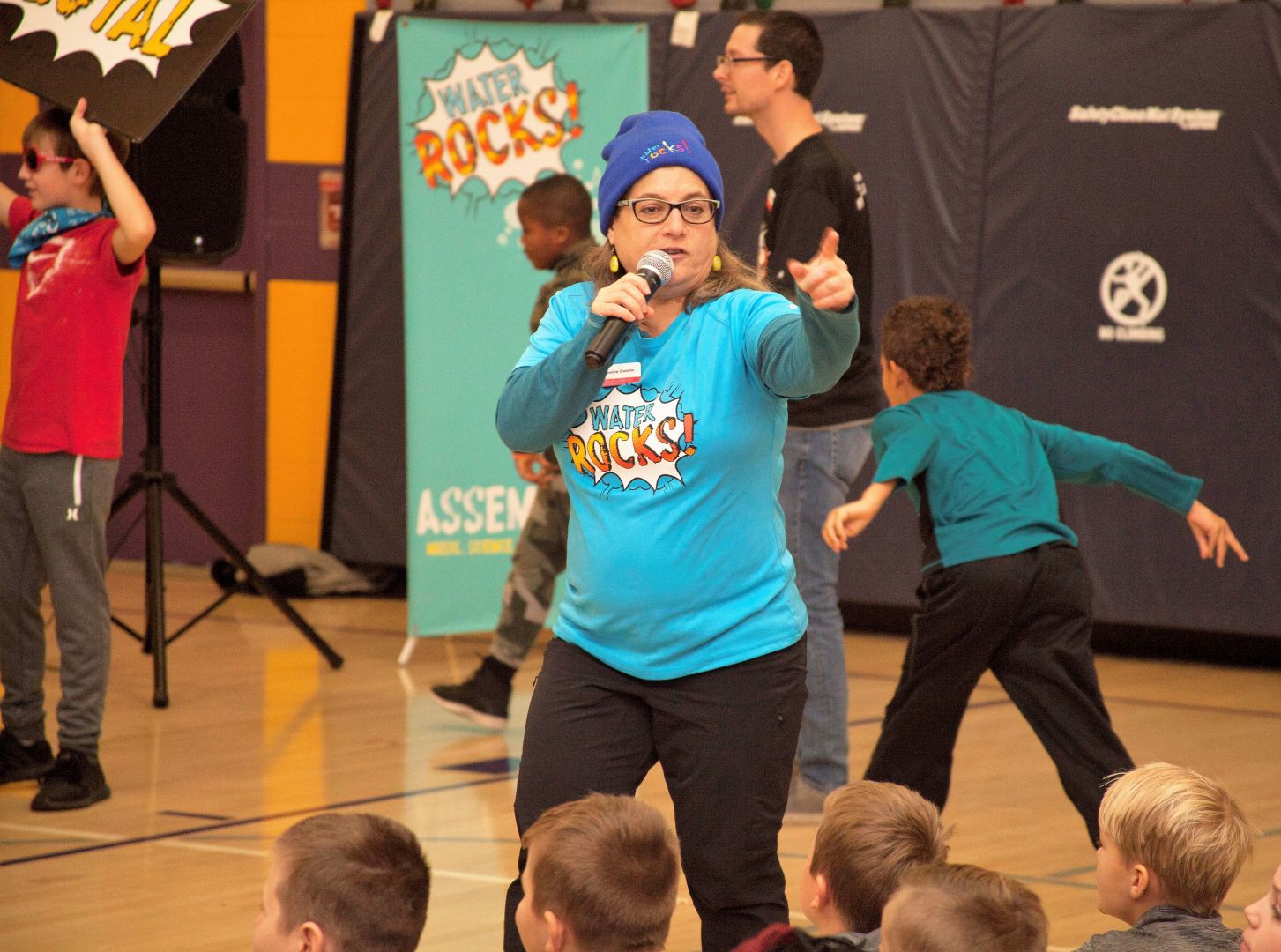
We had the good fortune of connecting with Jacqueline Comito and we’ve shared our conversation below.
Hi Jacqueline, what principle do you value most?
I can’t just pick one. I can pick two: curiosity and creativity. All my other values can be lumped under these two. Curiosity is the key to success. If we approach every situation eager to learn more and peel away the layers of understanding, we can’t help but learn, grow and engage. The minute you think you know is perhaps the moment you die a little bit inside. The thing that keeps us going is wonderment and awe, and those two feelings are based in curiosity. It is out of my seeking to know that I get my creativity. Too many people see creativity as something related to the arts. It isn’t. To me the essence of creativity is the manner to which we approach life’s challenges. Creativity is the ability to use our imaginations to envision a better world in big and small ways and then put those thoughts into action. You cannot be creative without curiosity and the very act of being curious is creative. They really are my two guiding principles or values. I don’t think a day goes by where I don’t ask questions, or try to gain better understanding, or rethink or revise something I am doing. I know when I am frustrated or feel stuck, it is usually because I am not living up to one of those two values.
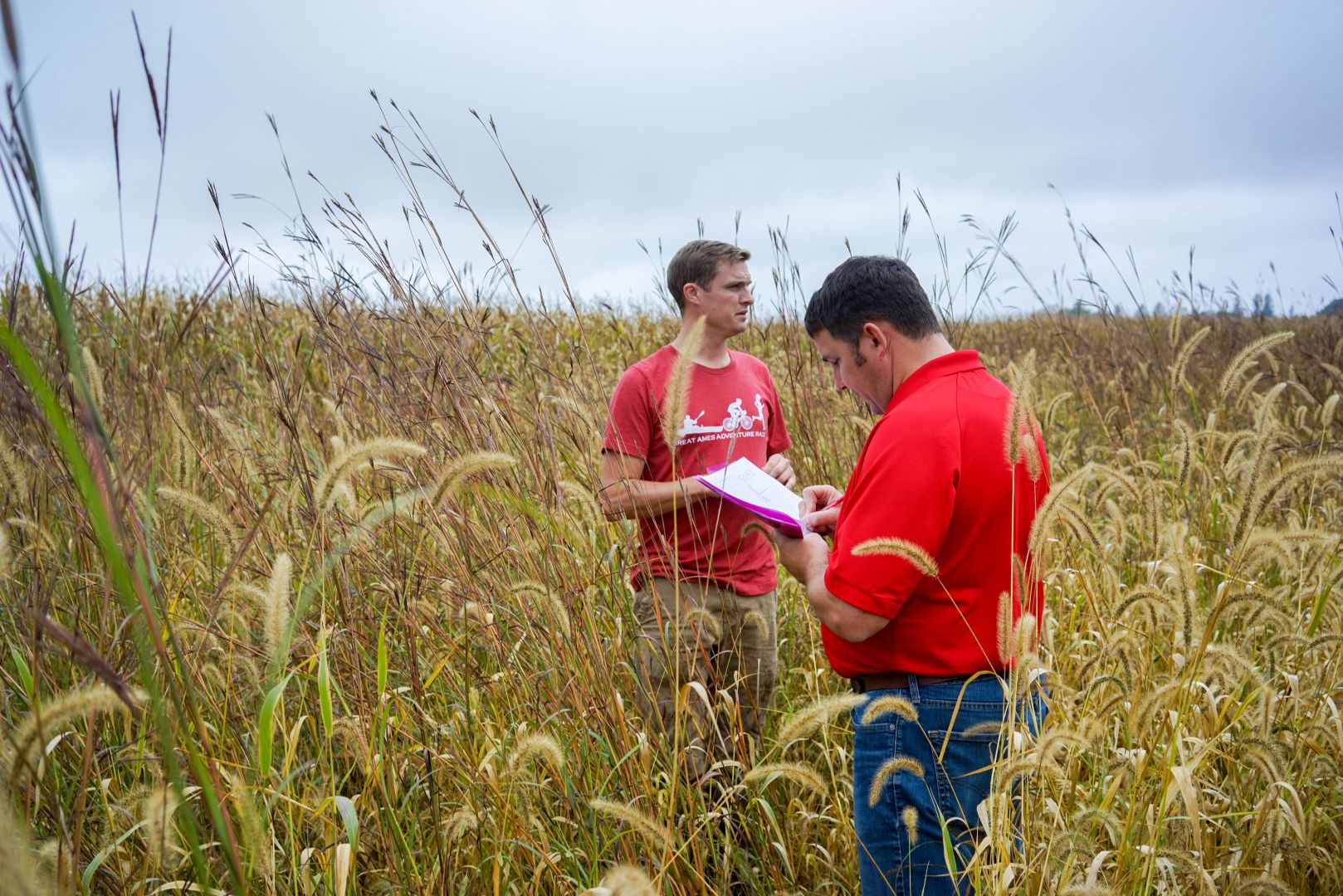
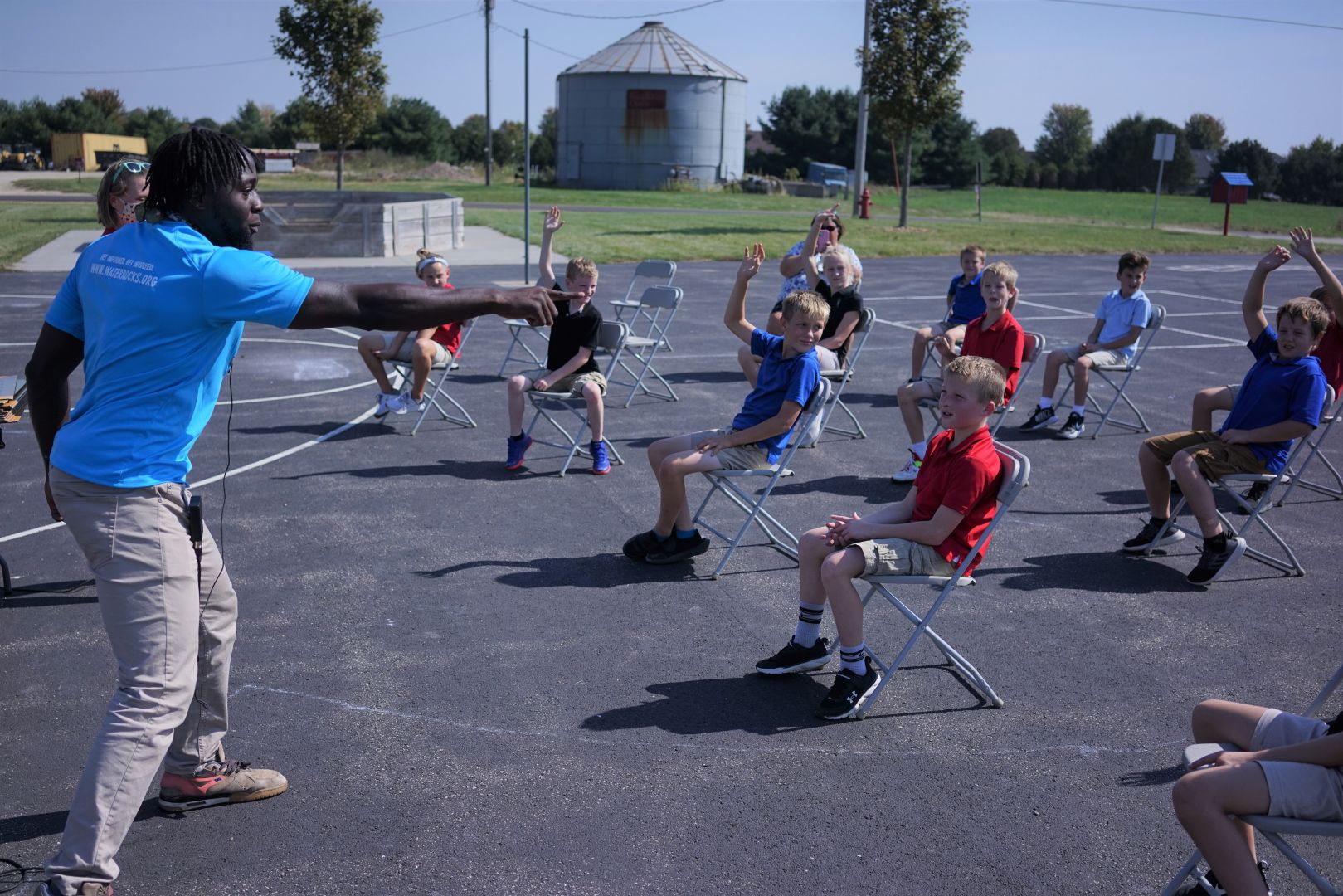
Please tell us more about your work. We’d love to hear what sets you apart from others, what you are most proud of or excited about. How did you get to where you are today professionally. Was it easy? If not, how did you overcome the challenges? What are the lessons you’ve learned along the way. What do you want the world to know about you or your brand and story?
So, I could tell you about my career or I could share with you what Clare Lindahl, chief executive office of the Soil and Water Conservation Society said about my career when she successfully nominated me for a 2015 National Wetlands Award in Education and Outreach: “Anthropologist, grant writer, educator, musician, fearless leader, collaborator, evaluator, videographer, passionate advocate for wetlands and healthy water… while her formal title at Iowa State University is Program Manager, two words are not nearly enough to describe the many hats worn by Jacqueline Comito. With seemingly limitless energy, Dr. Comito tackles her work with creativity, mixing unique approaches to Extension and Outreach with a true passion for improving the health of Iowa’s environment, particularly wetlands.”
If I was to sum up my career or my passion, I would say that it is helping people, particularly young people, to love the world using whatever means possible! I would also say that I was brought to environmental work through a backdoor. Before I got hired at Iowa State in 2005, I said “yes” to a project called “Caring for Creation.” I had to give myself a crash course on climate change, religious activism and energy issues to lead a group of 50 community and religious leaders through a discussion on the science of global warming religious-based environment activism in Iowa and explore why religious groups have failed to meet the challenges of environmental stewardship locally and globally. I also led them to draft a state of Iowa climate and energy charter that was eventually presented to the governor by religious leaders.
I had started my own consulting firm after I completed my masters in anthropology in 1995 and worked on a variety of social issues in Iowa primarily focused on fire and emergency medical services. My PhD dissertation was focused on Calabrian Iowan identity issues and the ways in which they performed these identities in every day activities. Prior to that I had two degrees in theater with a minor in music. I also worked across Iowa as what I called at the time “and adjunct migrant teacher” teaching sometimes 5-8 classes a semester. I guess I was a bit of a Jackie of all Trades. Master of none!
Shortly after the Caring for Creation job, I was offered a short-term position at Iowa State to help with a baseline study for this new conservation-based program called the Iowa Learning Farms. That was in 2005. Seventeen years later, I direct the Iowa Learning Farms and I helped create Water Rocks! a statewide youth program that uses music, hands-on activities, and fun videos to educate about water and other environmental issues. Both programs have been primarily grant-funded. My contract at Iowa State has been year-to-year. I broke a lot of norms and introduced a lot of creative approaches to Extension, evaluation and outreach. It has never been easy. All along the way, I was told I couldn’t do it. It didn’t make sense. No one would want to do it. That our outreach and education had to be good science and not fun. It still isn’t easy. Our work seems to make the status quo uncomfortable as it also has changed the norms of how we should be doing Extension.
Iowa Learning Farms, along with our partners, have helped with the expansion of conservation in Iowa and helped change the conversation around these issues. We have done it with a lot of creativity. Water Rocks! celebrates 10 years in 2022. We have engaged with more than 150,000 students and we have visited 83% of Iowa’s school districts. We also have created four mobile learning units that we call the Conservation Stations that travel around the state in the warmer weathers attending a variety of community events including county fairs. The trailers are works of art as we have collaborated with Iowa artists to depict Iowa’s natural world on them. The Conservation Stations were recently awarded a national Conservation Innovation Award from the Soil and Water Conservation Society. Water Rocks! is celebrating 10 years with an Earth Day poetry slam and the premiere of Water Rocks! The Musical.
I am also starting a podcast, Curious Planet, this year. It will explore the intersection of spirituality and the environmental crises. We will ask a lot of questions and bring together ideas that aren’t always brought together. My courage to create this type of podcast comes from a presentation I was asked to give the keynote talk for the Soil and Water Conservation Societies annual meeting in Albuquerque, New Mexico. There were thousands of soil and water conservation professionals from across the country. I used artwork and discussed hope. I was encouraging these conservation practitioners to not ignore the spiritual tools available to them. I felt strongly about this message but felt insecure on how it would be received. I have never been so nervous during a presentation. Afterwards, people were lined up to talk to me. I was asked to give talks in other states. I was also told that my evaluations were the best they had received in five years of this lecture. People are thirsting for new ways to talk about agriculture, conservation, and environmental issues. We must be grounded in science, and we must be grounded in spirit. Science alone has never convinced anyone of anything.
The pandemic was particularly challenging to me and the team. We had to take two vibrant outreach programs that averaged 200+ events across Iowa a year and make it virtual. Iowa Learning Farms started a weekly webinar conservation series that is incredibly successful and continues despite the state being open and back to in-person activities. Water Rocks! used the Conservation Stations and did outdoor classrooms in April, May, Sept-early Nov. In the winter months, we are using our videos and live presentations to stream into classrooms. Our creativity and ability to pivot allowed us to keep engaging Iowans at a time they really needed us. We are keeping the best of what we learned from the virtual formats, and are also very grateful to be back to in-person activities.
What have I learned through the years? Say “yes” to opportunities that make no sense, scare you a little but also engage your curiosity. You never know where they will lead. Develop a strong inner compass so that you believe in yourself despite criticisms and barriers. On the other hand, be flexible. Your strongest critic could be the person who will show you the path to success. In other words, I listened to where others thought my ideas were weak and I corrected those weaknesses. Doubling down on a bad idea won’t get you anywhere. Giving up on a good idea just because it needs to change and develop also won’t get you anywhere. My inner compass was developed as a kid. Every time one of my siblings told me I couldn’t do something or that my idea was stupid, I became determined to make it work but not stubborn enough to refuse to ask for their insight on how to make what I was doing better. Everything I have done in my career from my dissertation that played with form with creativity to my current work has been guided by an a question: “I wonder if this would work?” The other bit of advice I give others is “Be Bold”. We live in a world right now that needs us to be brave and to be bold. Don’t be afraid to be criticized. Lead with love and you can’t go wrong. Love should be the driving force of all elements of our lives, including our careers. It isn’t about always loving what we do but love for those we do it for and with. In my case, that loves expands to all the living things around me.
What drives me is a deserve to inspire love of the earth in others. While climate change and environmental policy/funding is key to making progress, we don’t get there if a whole lot of people don’t start caring a whole lot more. To get people to care, we can’t just dump the science on top of them. We must help them experience how amazing the world is. That is at the heart of what I do.
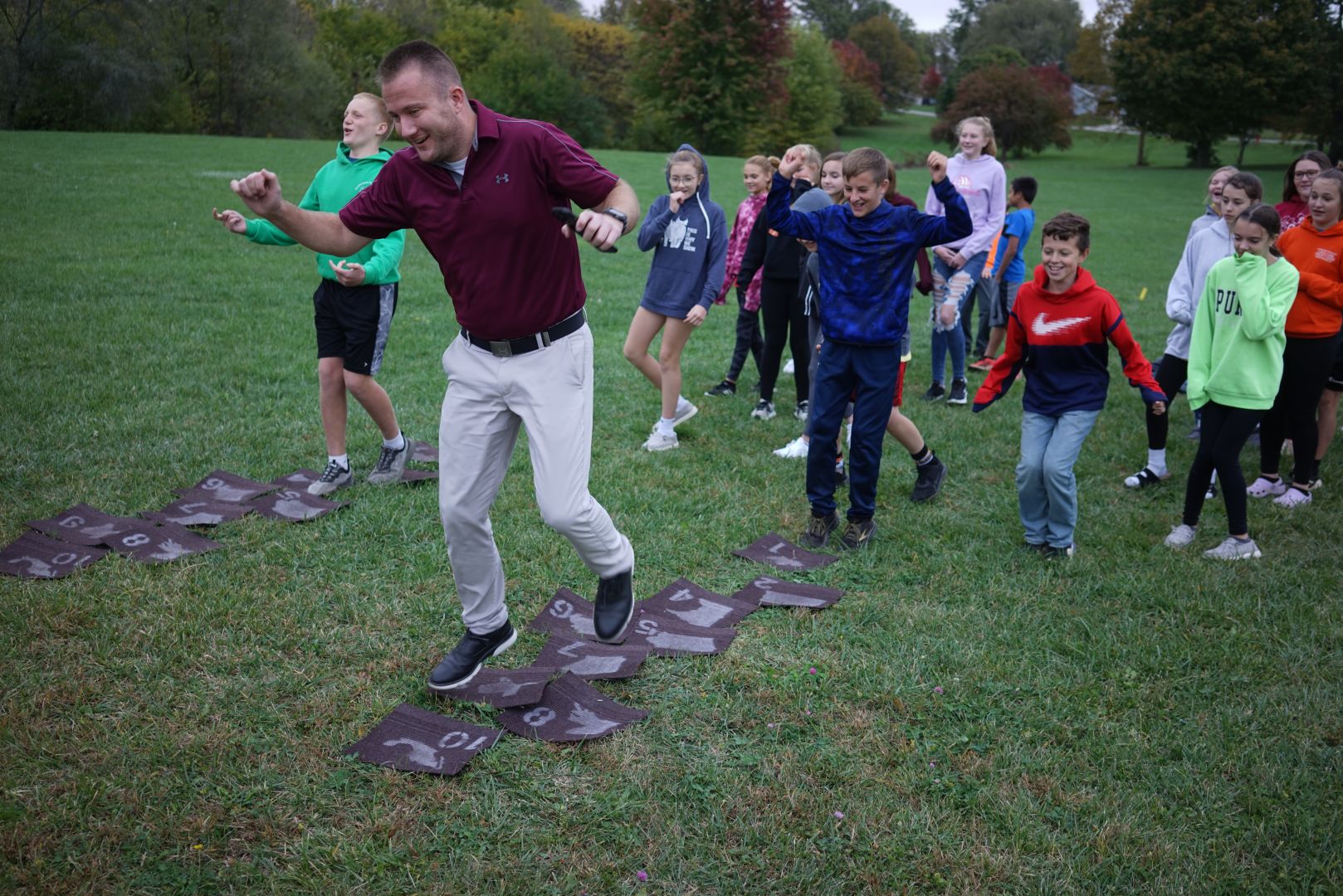
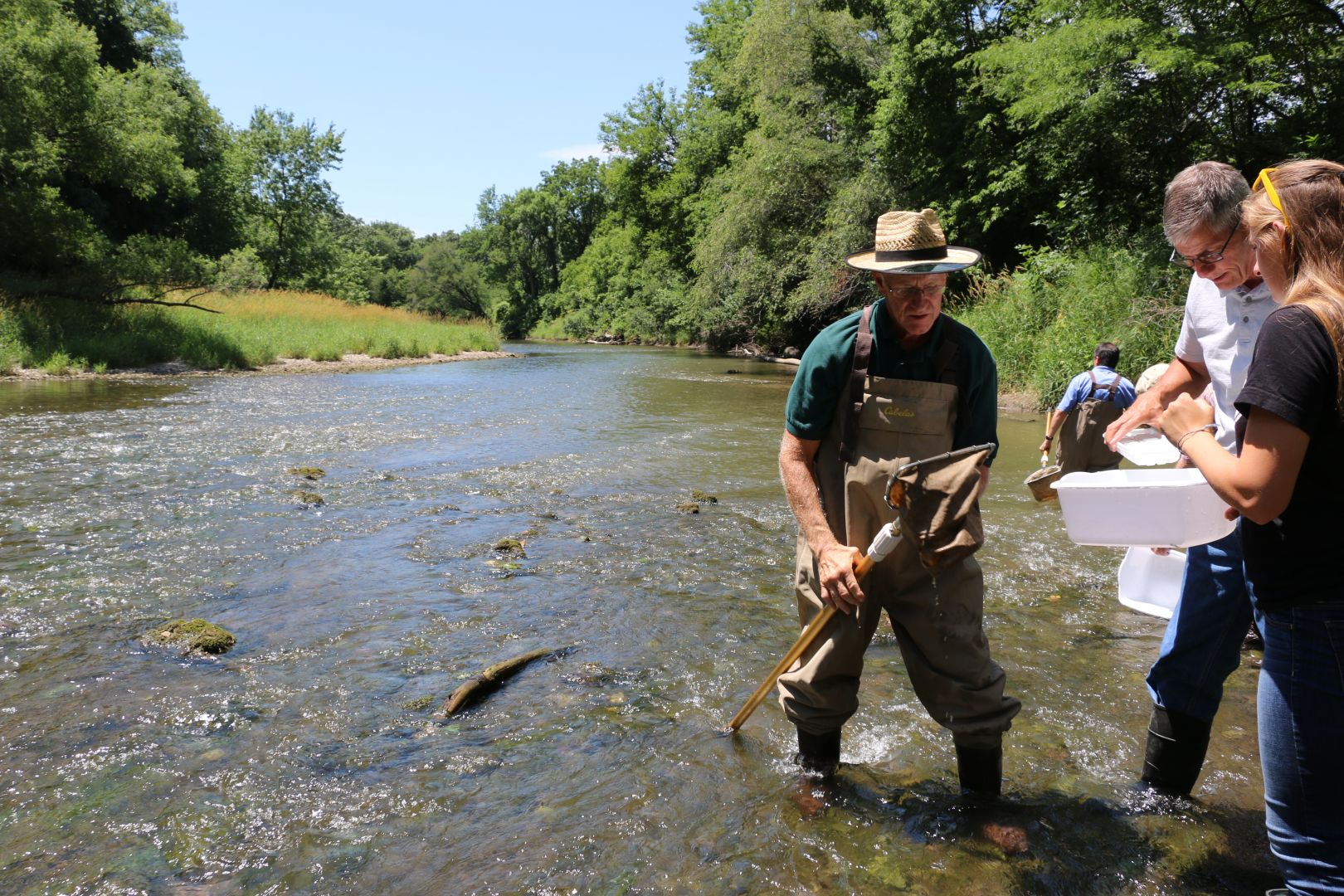
If you had a friend visiting you, what are some of the local spots you’d want to take them around to?
So, it depends on the time of year. If you come in winter and it is temperate enough with snow, I would take you cross country skiing on one of the days. I would invite other friends over and we would do game night. If it was summer, I would take you over to my friend Mary’s house in the country where we would watch the birds on her porch. I love to cook so we would do a lot of cooking together at my house. We would take a lot of great walks around town and visit some of the great natural places nearby. If it was warmer weather season, we would go to some of my favorite lakes and just enjoy being there.
Maybe this is my age but the older you get the more fun you find in the simple things!
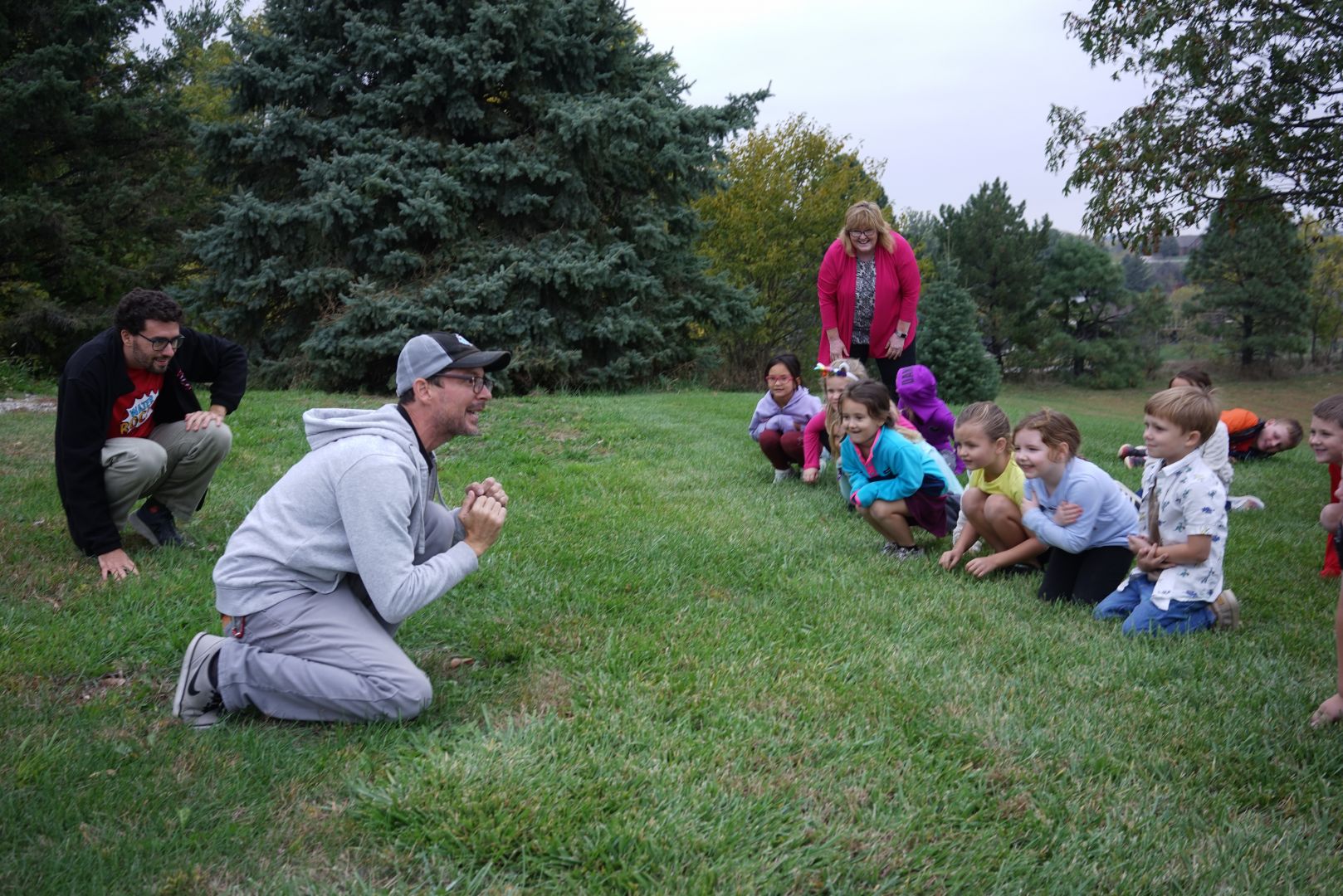
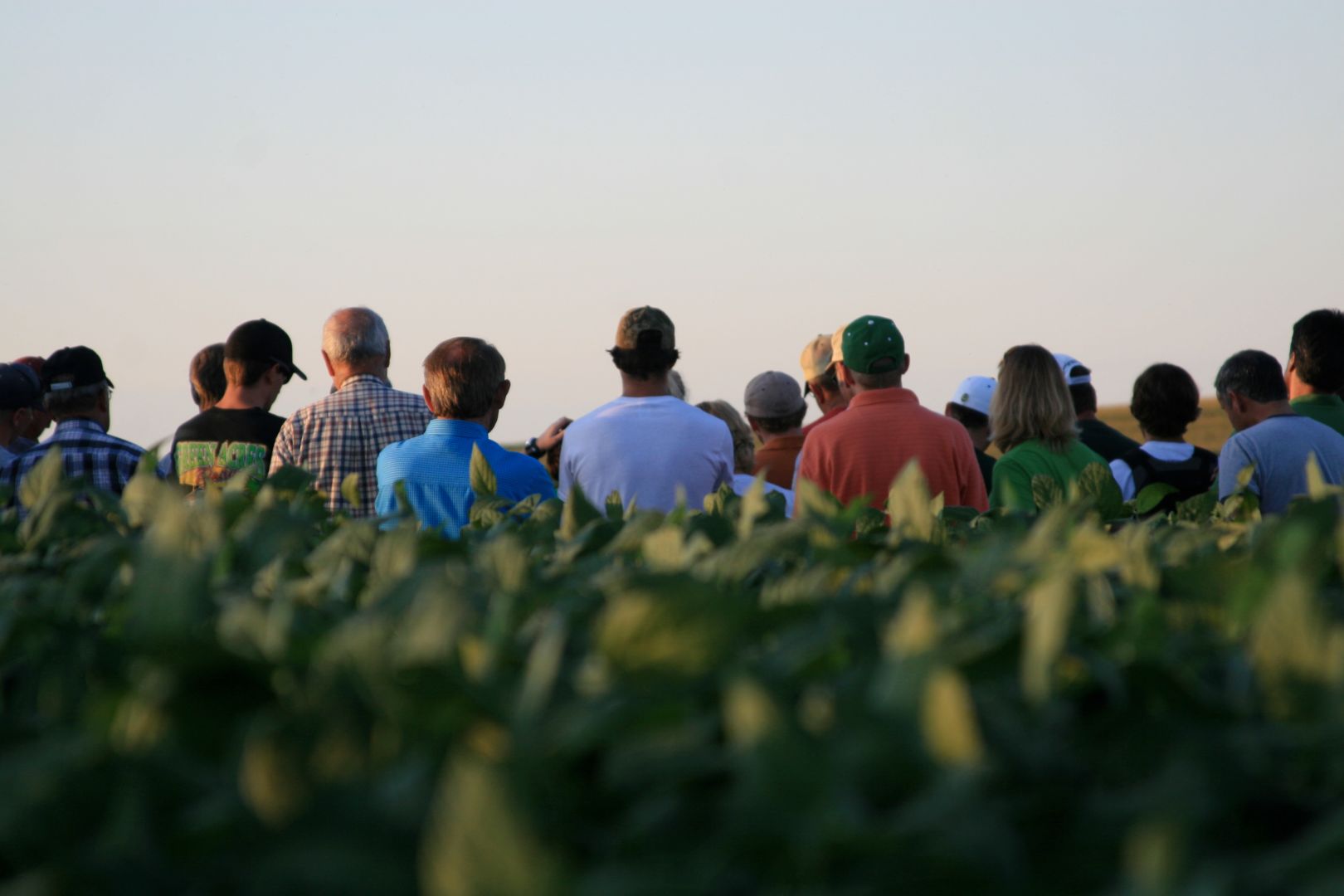
Who else deserves some credit and recognition?
On a very fundamental level so much credit goes to my mother Joanne Porto Comito who died in 2001. My mother faced a lot of tragedy in her life and did so with grace and humor. My mother knew what was serious and what wasn’t serious and that most things weren’t serious. It was out of this understanding that her creative approach to life emerged. So, while she encouraged me and took joy in even the most difficult parts of my nature, it was her example that shaped me and helped me to become who I am today. I also must shout out to my seven siblings and my deceased father. I always joked that it took a large extended Italian Iowan family to raise me. I grew up around some smart people. It kept me on my toes. Helped me develop a thick skin. Prepared me for all of life’s difficulties. Finally, I work with an outstanding team who have make me look better. Specifically, Matt and Ann have been there from the early years at Iowa State and helped me develop more fully in my career.
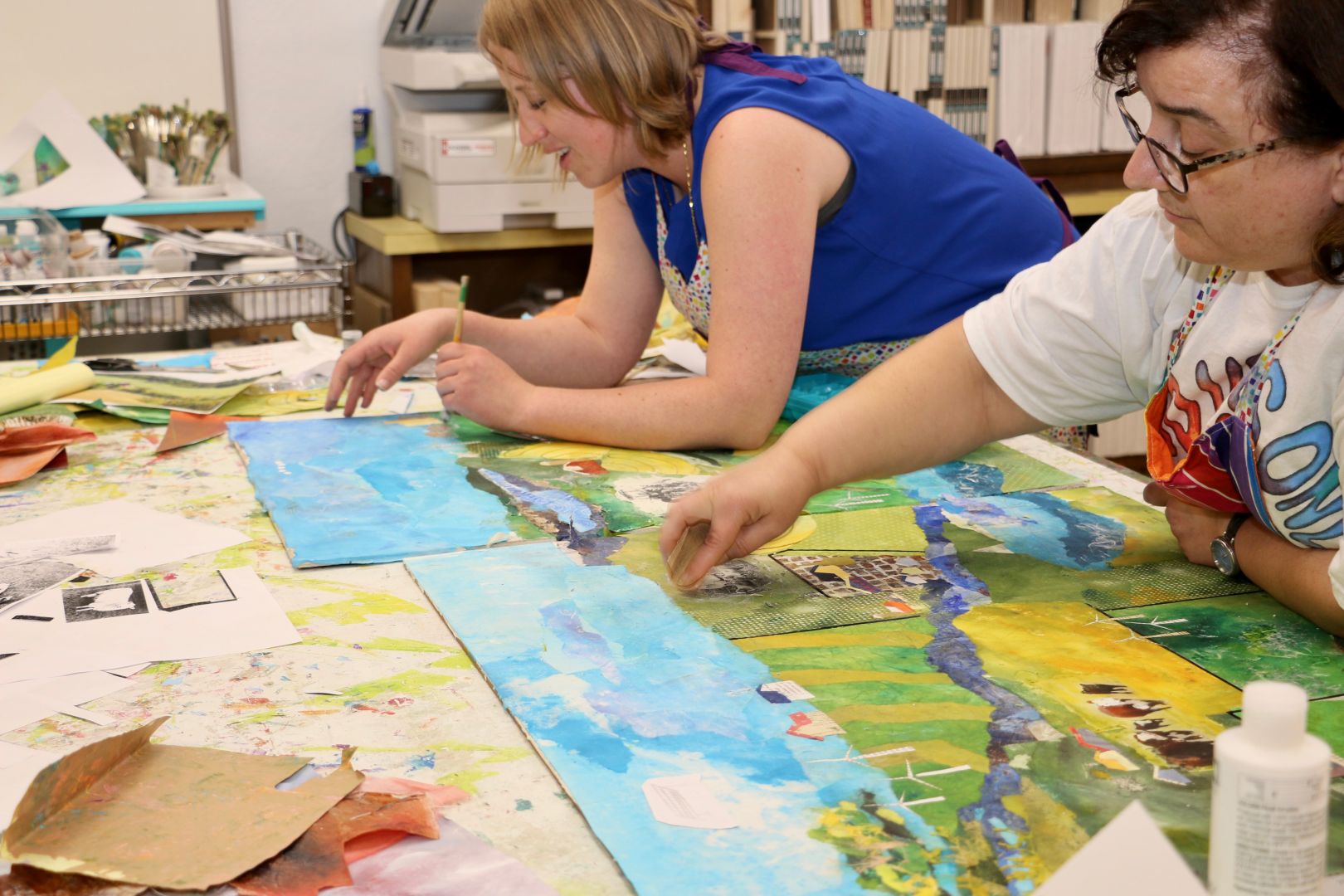
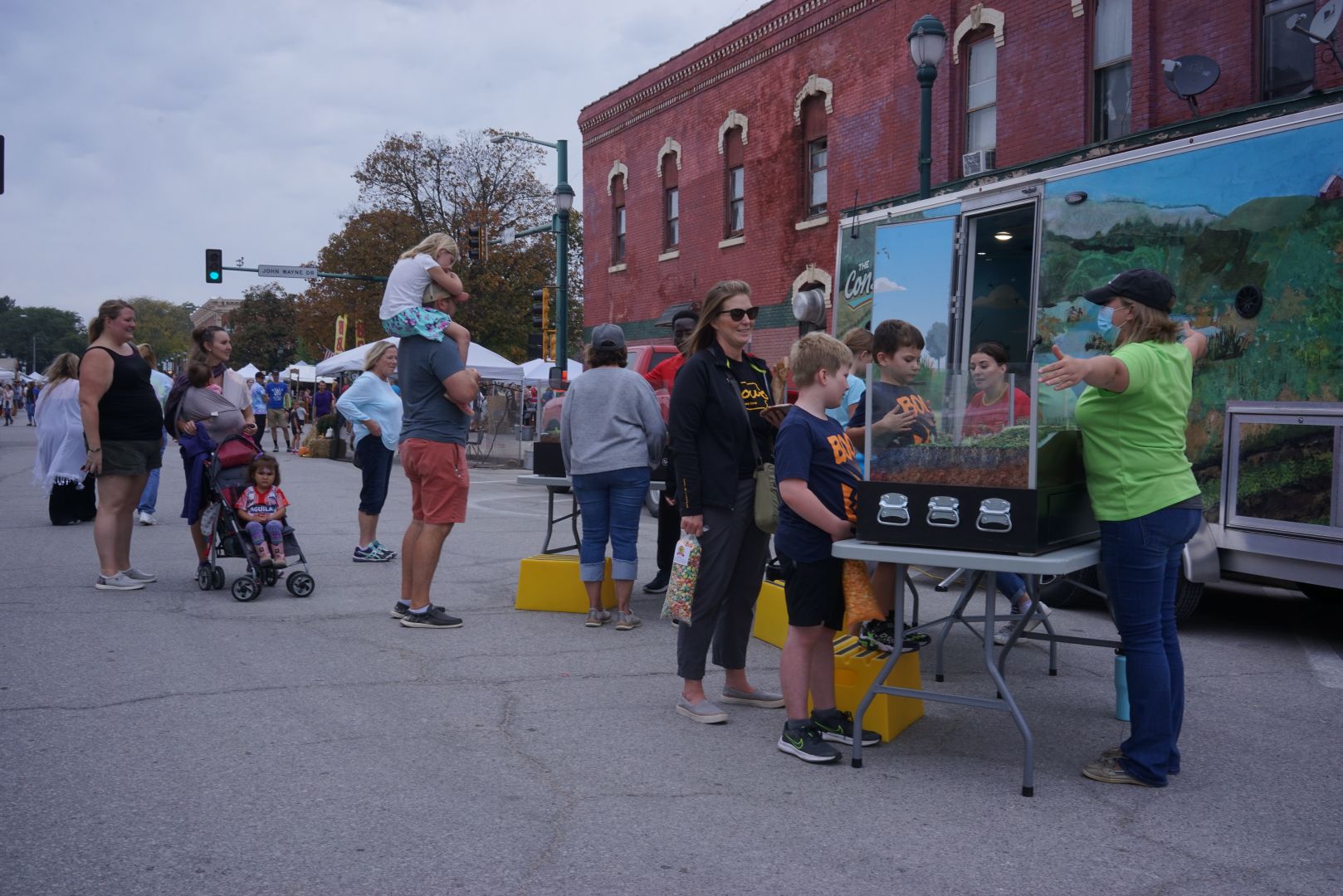
Website: www.waterrocks.org, iowalearningfarms.org
Instagram: Iowa Learning Farms, Water RocksISU
Twitter: @iowalearningfarms, @WaterRocksISU
Facebook: Iowa Learning Farms, Water RocksISU
Youtube: https://www.youtube.com/user/WaterRocksISU, https://www.youtube.com/channel/UCsQIxjljgWdg59nSrual_4A
Other: https://iowalearningfarms.wordpress.com
Image Credits
images belong to Iowa Learning Farms and Water Rocks! programs
